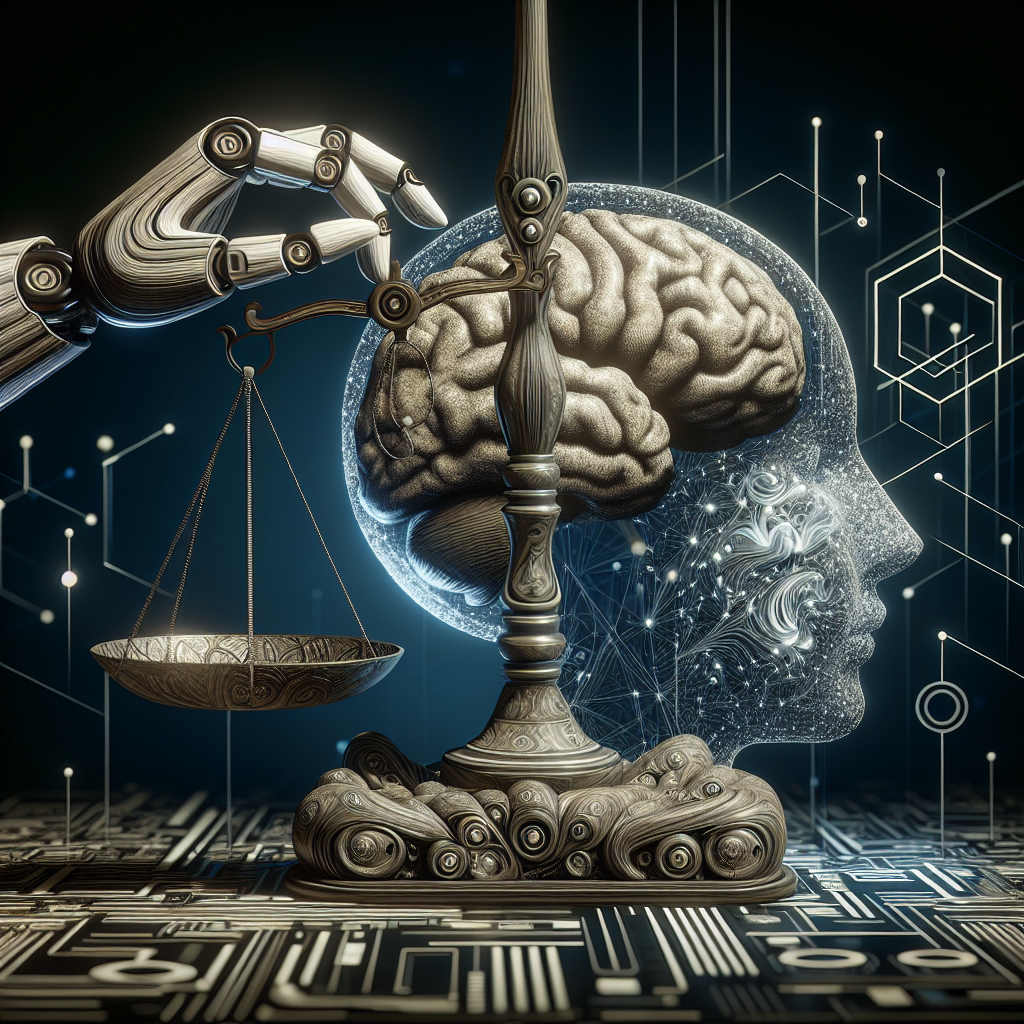Artificial General Intelligence (AGI) refers to a type of artificial intelligence that possesses the ability to understand, learn, and apply knowledge in a manner similar to human intelligence. While AGI has the potential to revolutionize various industries and improve the quality of human life, it also raises significant ethical considerations that must be carefully addressed.
Developing AGI requires significant advancements in machine learning, natural language processing, and other fields of artificial intelligence. As researchers continue to make progress towards creating AGI, it is essential to consider the ethical implications of this technology and ensure that it is developed in a responsible and ethical manner.
One of the primary ethical considerations of developing AGI is the potential impact on society and the workforce. AGI has the potential to automate a wide range of tasks currently performed by humans, leading to job displacement and economic disruption. As AGI becomes more capable, it could potentially replace human workers in a variety of industries, leading to widespread unemployment and income inequality.
Another ethical consideration of developing AGI is the potential for misuse and abuse of this technology. AGI could be used to manipulate and control individuals, invade privacy, and perpetrate acts of violence. It is essential to ensure that AGI is developed in a way that prioritizes the safety and well-being of individuals and prevents its misuse for malicious purposes.
Additionally, the development of AGI raises concerns about the moral agency and accountability of artificial intelligence systems. As AGI becomes more advanced and autonomous, it may be able to make decisions and take actions independently of human intervention. This raises questions about who is responsible for the actions of AGI systems and how they can be held accountable for any harm they may cause.
In order to address these ethical considerations, it is essential to establish guidelines and regulations for the development and deployment of AGI. This includes ensuring transparency and accountability in the design and implementation of AI systems, as well as incorporating ethical considerations into the decision-making processes of AI systems. Additionally, it is crucial to involve diverse stakeholders in the development of AGI to ensure that a wide range of perspectives and values are taken into account.
Frequently Asked Questions (FAQs)
Q: What is the difference between AGI and artificial narrow intelligence (ANI)?
A: AGI refers to artificial intelligence that possesses the ability to understand, learn, and apply knowledge in a manner similar to human intelligence, while ANI refers to artificial intelligence that is designed for a specific task or narrow range of tasks.
Q: How can we ensure that AGI is developed ethically?
A: Ensuring that AGI is developed ethically requires establishing guidelines and regulations for the design and implementation of AI systems, incorporating ethical considerations into decision-making processes, and involving diverse stakeholders in the development of AGI.
Q: What are some potential benefits of AGI?
A: AGI has the potential to revolutionize various industries, improve efficiency and productivity, and enhance the quality of human life through advancements in healthcare, education, and other fields.
Q: What are some potential risks of AGI?
A: Some potential risks of AGI include widespread unemployment and economic disruption, misuse and abuse of the technology, and questions about the moral agency and accountability of AI systems.
Q: How can we address the ethical considerations of developing AGI?
A: Addressing the ethical considerations of developing AGI requires establishing guidelines and regulations, ensuring transparency and accountability in the design and implementation of AI systems, and involving diverse stakeholders in the development process.

